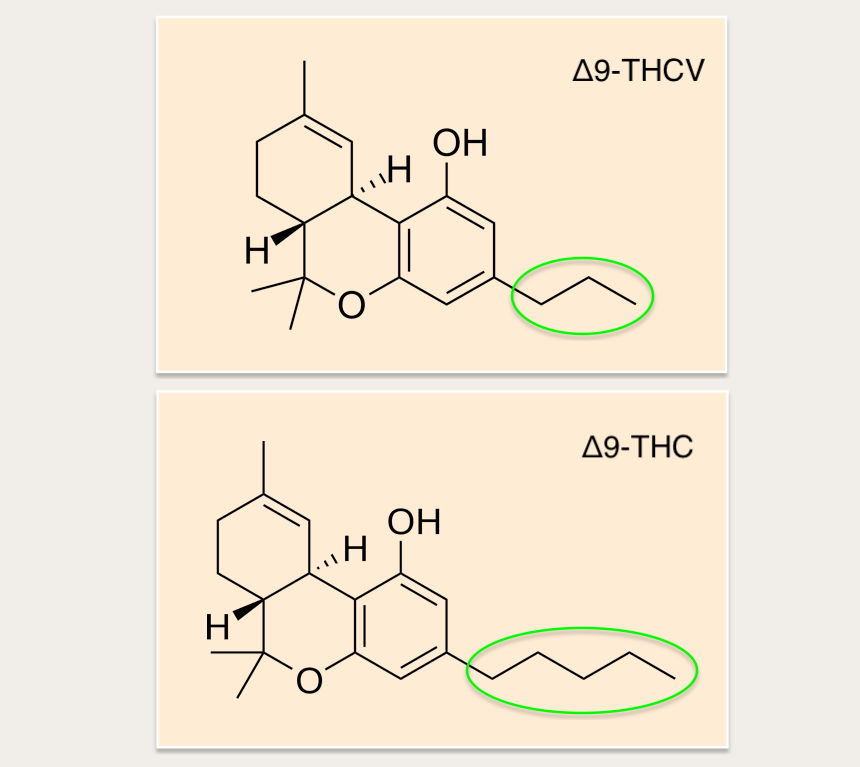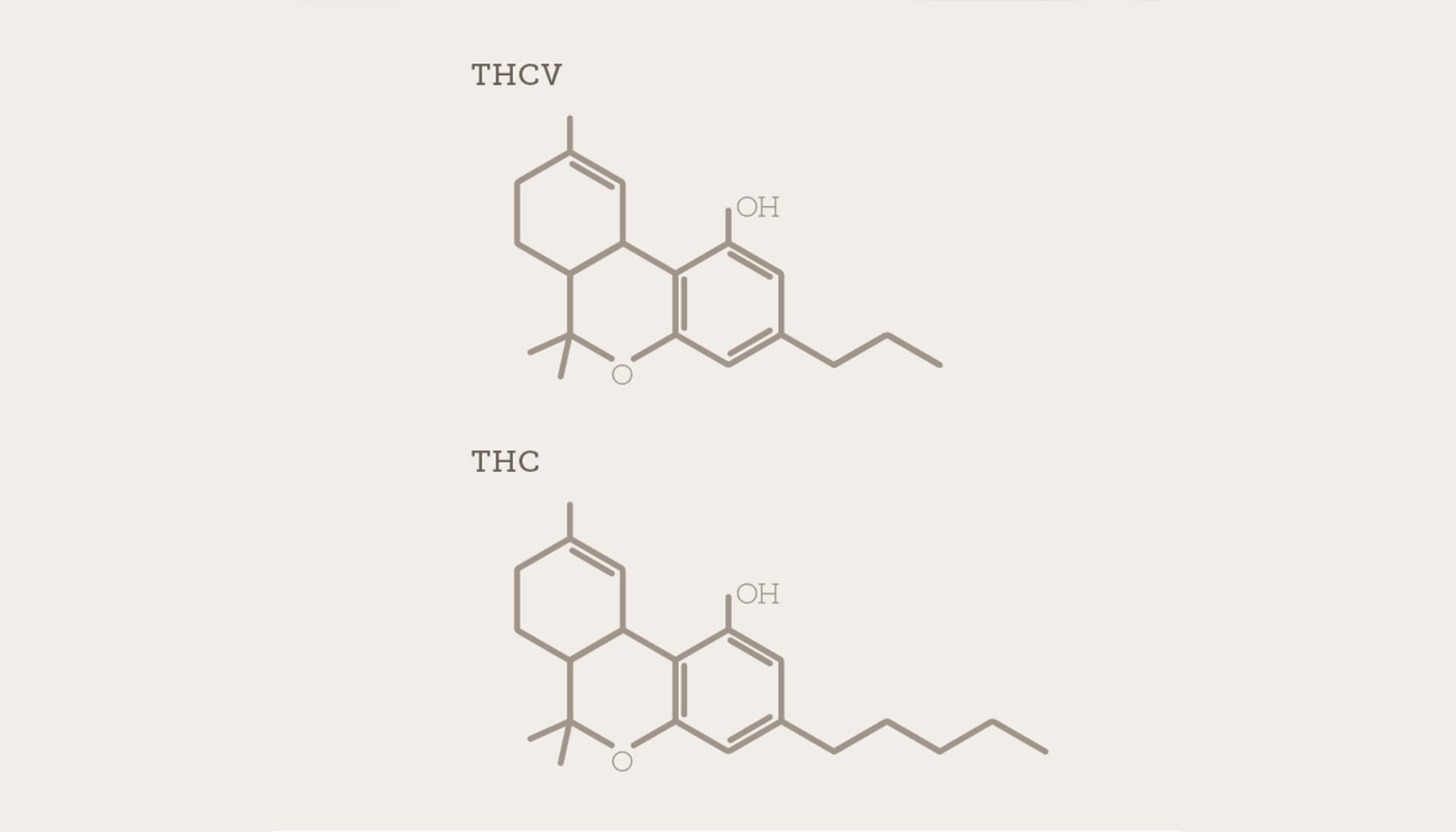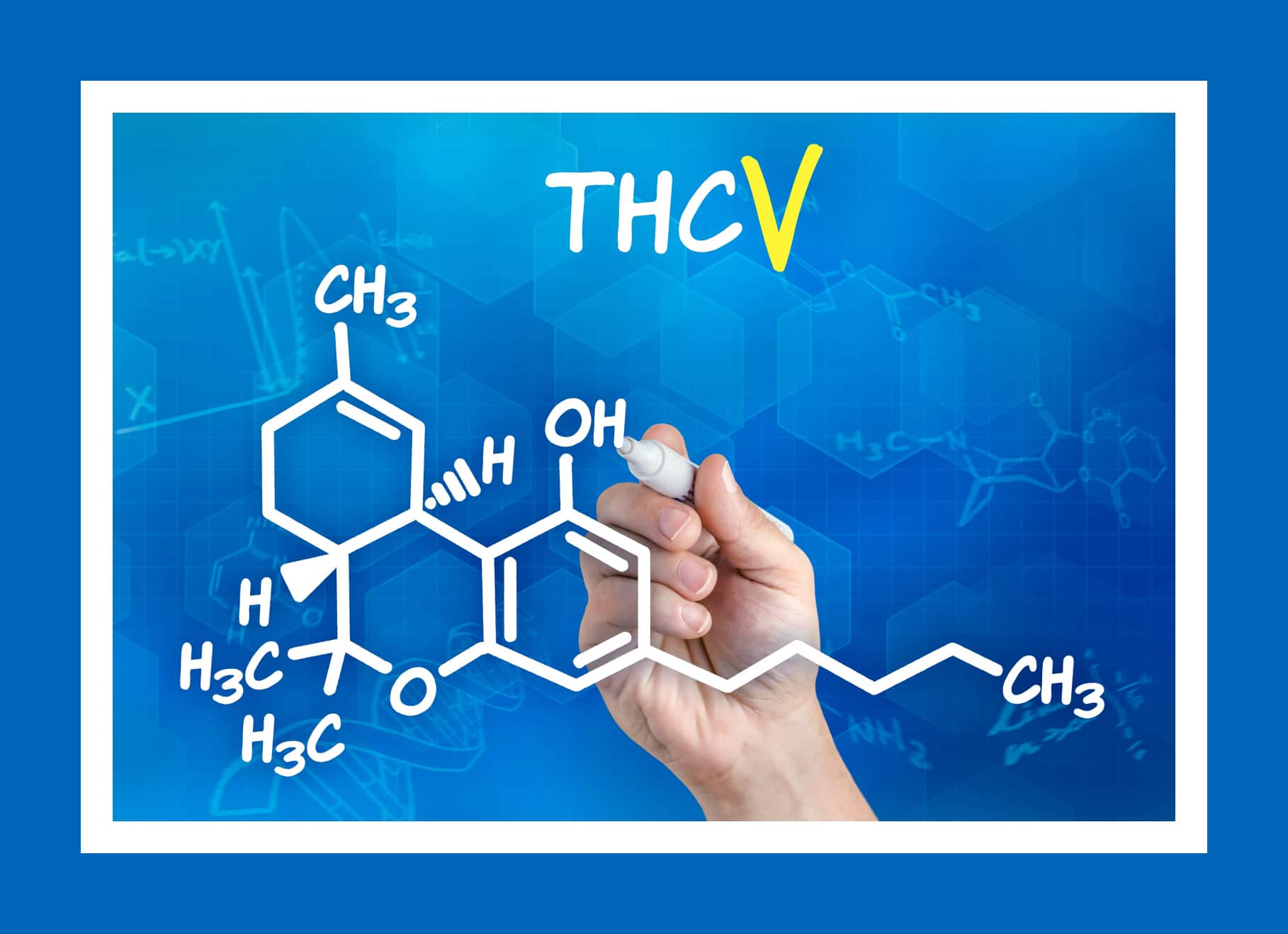Tetrahydrocannabivarin (THCV) is a cannabinoid compound found in marijuana and hemp plants. It's chemically similar to tetrahydrocannabinol (THC) but with some crucial distinctions. Here's everything you need to understand about THCV including the dangers, benefits, differences, and resemblances with other types of THC and more. What Is THCV? THCV is a less common cannabinoid discovered in some pressures of Continue reading cannabis, particularly African sativa.
 Tetrahydrocannabivarin - Wikipedia
Tetrahydrocannabivarin - Wikipedia
 What Is THCV (Tetrahydrocannabivarin)? - CNBS
What Is THCV (Tetrahydrocannabivarin)? - CNBS
 Tetrahydrocannabivarin: What is THCV & It's Effects - Dr. Green Relief
Tetrahydrocannabivarin: What is THCV & It's Effects - Dr. Green Relief
THCV has a 3-carbon side chain rather than THC's 5-carbon side chain. This distinction is subtle, but it has a noticeable influence on the effect profile. THCV is rather psychoactive however just about and about. What Does THCV Feel Like? THCV has a strong energy-boosting element to it, that makes it specifically popular amongst students and athletes.
In the United States, THCV policy is nuanced. THCV is not an Arrange I Drug, however cannabis extracts are making it rather uncertain what the federal position is on THCV. The 2018 Farm Expense states that hemp plants and all derivatives of the plants are legal on a federal level, a lot of companies comply with this law and still offer THCV to clients by only extracting the compound from hemp plants.
If THCV is thought about a THC analog, it could be managed in the future by the very same guidelines as THC under the Federal Analog Act. This act mentions that any compound that shares a similar molecular profile as a recognized restricted compound it's consisted of in the very same drug Arrange classification.
What Are the Effects of THCV? what is thcv oil Proponents of THCV report that it produces an intense burst of energy and makes them feel blissful without the psychological cloudiness brought on by THC. The effects are incredibly mild compared to THC. The results are nearly exclusively cognitive yet somehow have extremely little influence on headspace.
2. THCV & Hunger Some THCV users declare that it curbs their hunger. This is a common result of other focus-enhancing compounds. It's as though THCV gets rid of the diversion of other bodily processes (like cravings) in order to preserve resources and attention to cognitive jobs instead. How Does THCV Work? Cannabinoids produce biological impacts in the body by interacting with endocannabinoid receptors.
CB1 receptors lie in the nerve system and connect with neurotransmitters in the brain to produce mind-altering effects. Interaction with CB1 websites is what provides tfsites.blob.core.windows.net/whatisthcv/Which-Affrican-Staiva-Strains-Contain-Thcv.html some cannabinoids like THC their psychoactivity. THCV is a bit difficult to understand because it's mostly a CB1 antagonist, suggesting it has the opposite effect as THC.
While researchers are still seeking to comprehend this process, it appears THCV has the ability to block the effects of CB1 in low doses and stimulate them check here in high dosages. CB2 receptors are discovered mainly in the body immune system. THCV is a partial agonist of CB2, however the impacts of this partial activity aren't well-known, and it apparently has no discernible influence on THCV users' experience.
As pointed out in the previous section, THCV is a CB1 antagonist in low doses which is the exact opposite result of delta 8 and delta 9 THC. This could indicate that THCV neutralizes some of the psychoactive results of THC. This impact could discuss why people who utilize THCV feel so clear-headed especially compared to the infamous "fogginess" caused by delta 9 THC.